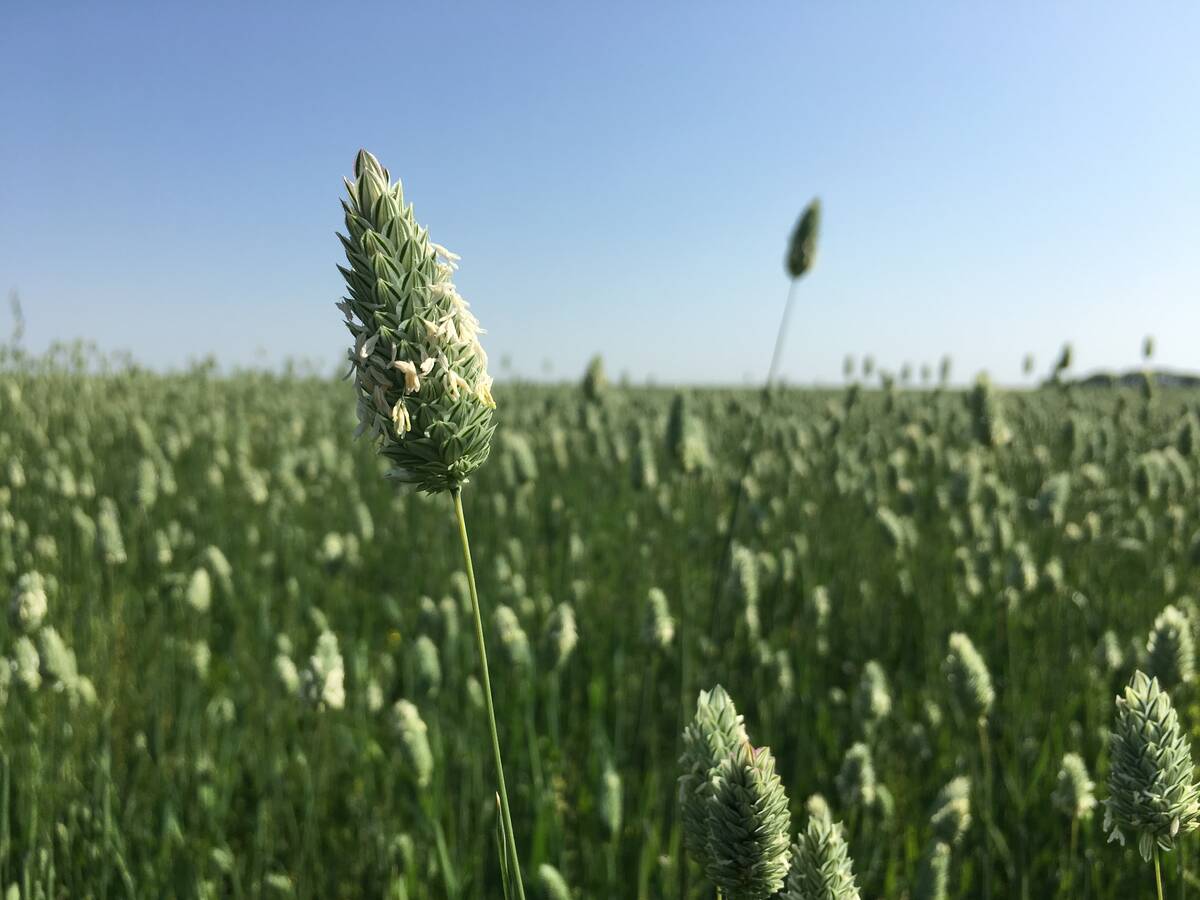Ilta Grain buys Parkland | The company also plants to build two processing facilities
A group of pioneers in the pulse industry have re-entered the business in a big way.
Ilta Grain Inc. has acquired Parkland Grain/Pulse and its four processing facilities. They are the first physical assets for Ilta, a pulse and special crops exporting company owned by a private equity group.
Ilta is run by the former senior management of Finora Inc., a major player in the pulse industry that was bought by Alliance Grain Traders Inc. in 2010 for $8.9 million US.
Dan Burneski, president of Ilta, said the group exited the pulse and special crops business for a few months but decided to form Ilta in February 2011 at the behest of former customers.
Read Also

No special crop fireworks expected
farmers should not expect fireworks in the special crops market due to ample supplies.
“A lot of people asked us to get back in the business and that’s what we did,” he said.
Parkland was one of the companies doing toll processing for Ilta, providing the company with the crop it needed to export.
“We’ve worked with the Parkland Group and the Fransoo family for 25 years. We actually helped them start in the business,” said Burneski.
Parkland’s 45 employees will join Ilta’s staff including Parkland president Gilles Fransoo.
Ilta plans to make improvements and expansions at Parkland’s Sask-atchewan plants in Swift Current, Cutknife and the two in North Battleford.
The company also intends to start construction this summer on two new facilities in Saskatoon and Regina, which would boost Ilta’s total processing capacity to 700,000 tonnes, making it a significant player in the pulse and special crops business.
The old plants and the new ones will process lentils, peas, mustard, canaryseed and chickpeas, at least for the foreseeable future.
Burneski said there is a chance Ilta may eventually change the crop mix for some of its facilities.
“I think the wheat business is going to become much more of a specialized business,” he said.
If that happens, he envisions some of the old Parkland plants switching over to processing specialty wheat.















